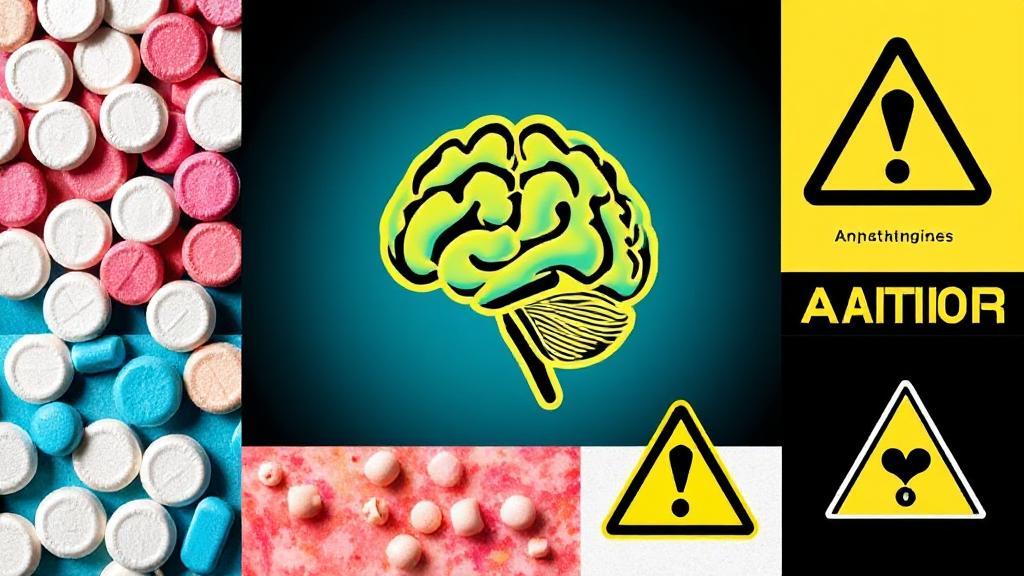Introduction to Amphetamines
Amphetamines are potent central nervous system stimulants first synthesized in 1887. They have played a significant role in medical treatment while also having potential for abuse. These drugs work primarily by affecting the brain's neurotransmitter systems through:
- Increasing dopamine release
- Blocking dopamine reuptake
- Enhancing norepinephrine activity
- Affecting serotonin levels
Medical Applications
ADHD Treatment
Amphetamine-based medications like Adderall are commonly prescribed for Attention Deficit Hyperactivity Disorder (ADHD). These medications help patients by improving focus, reducing impulsivity, and enhancing executive function. Learn more about ADHD and its treatments.
Narcolepsy Management
For individuals suffering from narcolepsy, amphetamines provide crucial benefits:
- Increased wakefulness
- Reduced daytime sleepiness
- Improved quality of life
- Better cognitive performance
Obesity Treatment
In some cases, amphetamines are prescribed as a short-term treatment for obesity due to their appetite-suppressing effects, though this use is less common due to abuse potential.
Effects of Amphetamines
Positive Effects
When used as prescribed, amphetamines can have several beneficial effects:
- Increased energy and alertness
- Enhanced focus and concentration
- Improved mood
- Better physical performance
Negative Effects
Despite their benefits, amphetamines can cause various adverse effects:
- Increased heart rate and blood pressure
- Anxiety and restlessness
- Insomnia
- Dry mouth
- Headaches
Long-term Risks
Physical Health Risks
Prolonged amphetamine use can lead to serious complications:
- Cardiovascular problems
- Nutritional deficiencies
- Dental issues
- Sleep disorders
- Weight loss
Mental Health Impact
"Prolonged amphetamine use can lead to significant changes in brain structure and function, potentially resulting in lasting psychological effects." - National Institute on Drug Abuse
- Depression
- Anxiety disorders
- Psychosis
- Cognitive impairment
- Memory problems
Safe Usage Guidelines
For prescribed users, following these guidelines is essential:
Treatment Options
For those struggling with amphetamine dependence, several treatment options are available:
Medical Intervention
- Supervised detoxification
- Medication-assisted treatment
- Medical monitoring
Behavioral Therapy
- Cognitive Behavioral Therapy (CBT)
- Motivational Interviewing
- Group therapy
- Support groups
Legal Status and Prevention
Amphetamines are classified as Schedule II controlled substances in the United States, indicating their high potential for abuse but recognized medical value. Prevention strategies include:
- Proper medication storage
- Education about risks
- Regular medical supervision
- Early intervention
- Support system development
For those struggling with misuse or addiction, seeking professional help is essential. Find resources and support for addiction recovery or visit the Substance Abuse and Mental Health Services Administration website for more information.
